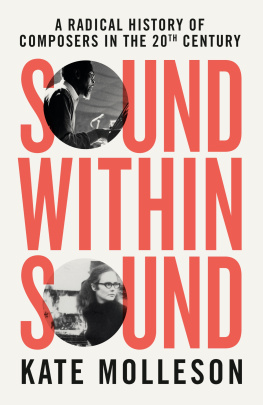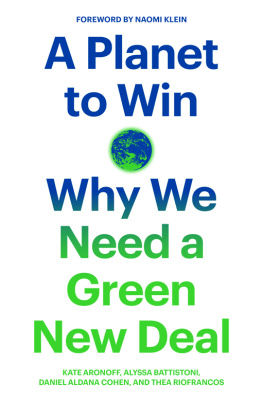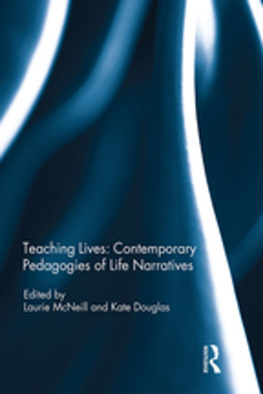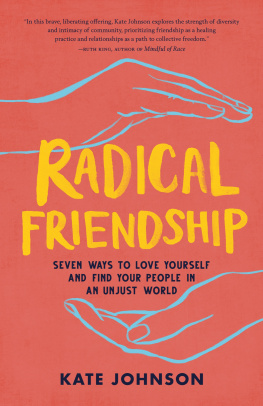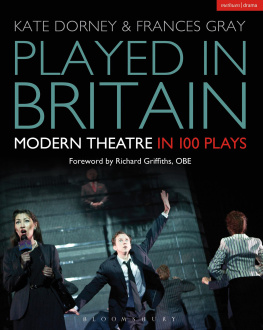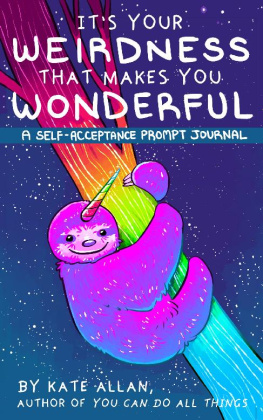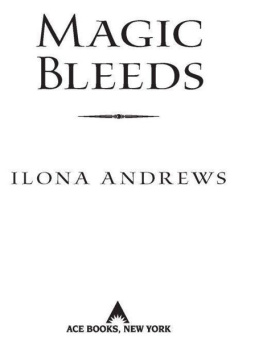Kate Dossett - Radical Black Theatre in the New Deal
Here you can read online Kate Dossett - Radical Black Theatre in the New Deal full text of the book (entire story) in english for free. Download pdf and epub, get meaning, cover and reviews about this ebook. year: 2020, publisher: The University of North Carolina Press, genre: Politics. Description of the work, (preface) as well as reviews are available. Best literature library LitArk.com created for fans of good reading and offers a wide selection of genres:
Romance novel
Science fiction
Adventure
Detective
Science
History
Home and family
Prose
Art
Politics
Computer
Non-fiction
Religion
Business
Children
Humor
Choose a favorite category and find really read worthwhile books. Enjoy immersion in the world of imagination, feel the emotions of the characters or learn something new for yourself, make an fascinating discovery.

- Book:Radical Black Theatre in the New Deal
- Author:
- Publisher:The University of North Carolina Press
- Genre:
- Year:2020
- Rating:3 / 5
- Favourites:Add to favourites
- Your mark:
- 60
- 1
- 2
- 3
- 4
- 5
Radical Black Theatre in the New Deal: summary, description and annotation
We offer to read an annotation, description, summary or preface (depends on what the author of the book "Radical Black Theatre in the New Deal" wrote himself). If you haven't found the necessary information about the book — write in the comments, we will try to find it.
Radical Black Theatre in the New Deal — read online for free the complete book (whole text) full work
Below is the text of the book, divided by pages. System saving the place of the last page read, allows you to conveniently read the book "Radical Black Theatre in the New Deal" online for free, without having to search again every time where you left off. Put a bookmark, and you can go to the page where you finished reading at any time.
Font size:
Interval:
Bookmark:
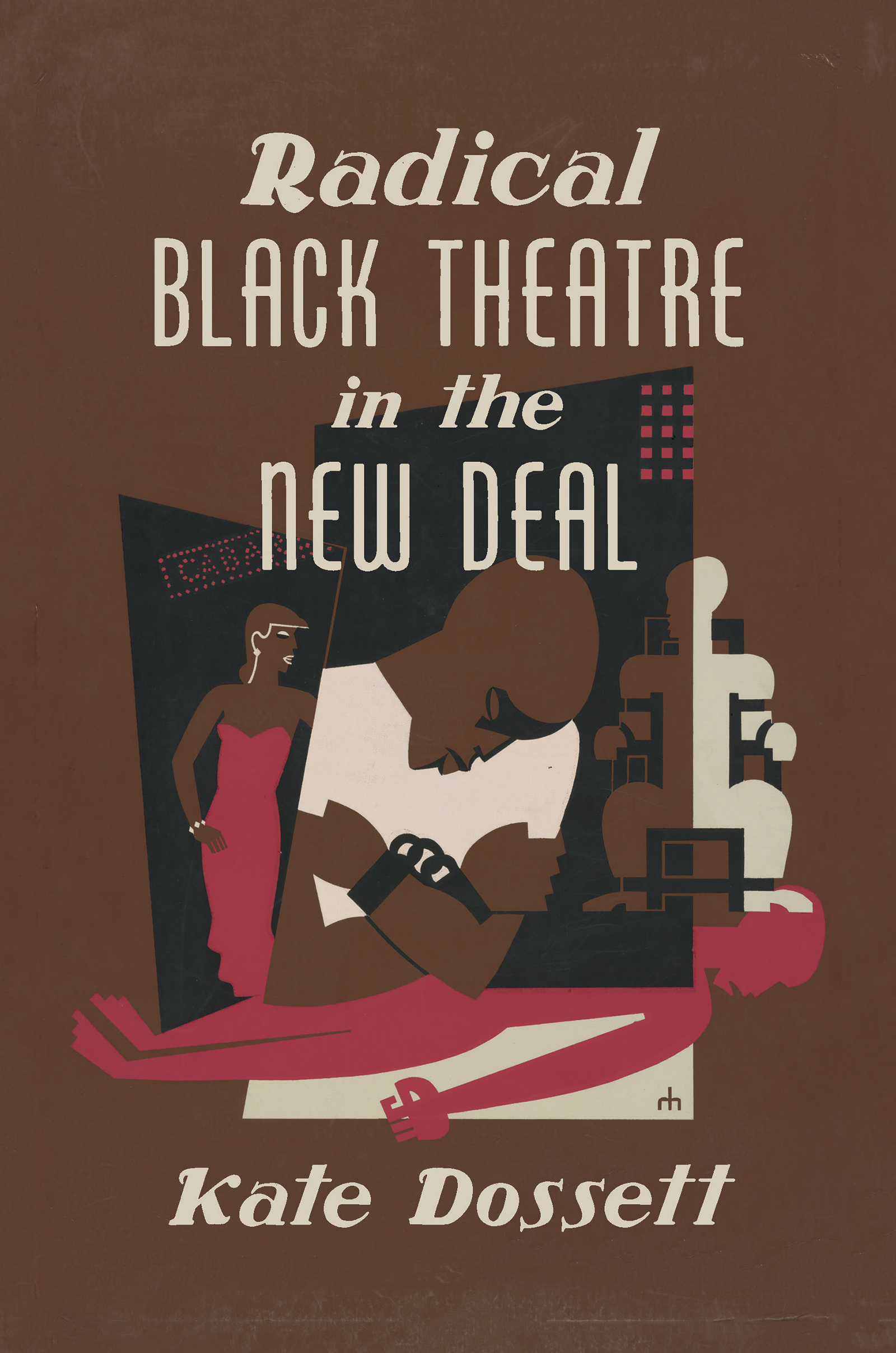
Radical Black Theatre in the New Deal
The John Hope Franklin Series in African American History and Culture
Waldo E. Martin Jr. and Patricia Sullivan, editors
Radical Black Theatre in the New Deal

KATE DOSSETT
University of North Carolina PressChapel Hill
2020 The University of North Carolina Press
All rights reserved
Set in Charis by Westchester Publishing Services
Manufactured in the United States of America
The University of North Carolina Press has been a member of the Green Press Initiative since 2003.
Library of Congress Cataloging-in-Publication Data
Names: Dossett, Kate, author.
Title: Radical black theatre in the New Deal / Kate Dossett.
Other titles: John Hope Franklin series in African American history and culture.
Description: Chapel Hill : University of North Carolina Press, 2020. | Series: The John Hope Franklin series in African American history and culture | Includes bibliographical references and index.
Identifiers: LCCN 2019053418 | ISBN 9781469654416 (cloth) | ISBN 9781469654423 (paperback) | ISBN 9781469654430 (ebook)
Subjects: LCSH: Federal Theatre Project (U.S.)History. | African American theaterUnited StatesHistory20th century.
Classification: LCC PN2270.A35 D67 2020 | DDC 792.089/96073dc23
LC record available at https://lccn.loc.gov/2019053418
Cover illustration: WPA Federal Theatre presents The Case of Philip Lawrence, a new play based on Geo. McEntees [sic] 11 PM, A Negro Theatre Production (poster). Library of Congress Prints and Photographs Division, Work Projects Administration Poster Collection, LC-USZC4-3640. The Case of Philip Lawrence (1936) was adapted by the Harlem Negro Unit from George MacEntees Eleven P.M. It was the first play to be staged by the Harlem Negro Unit after it came under the direction of black theatre professionals Gus Smith, Carlton Moss, and Harry V. Edward.
Portions of chapter 4 were previously published in Staging the Garveyite Home: Black Masculinity, Failure, and Redemption in Theodore Wards Big White Fog, African American Review, 43:4 (2009): 55776. Portions of chapter 5 were previously published in Commemorating Haiti on the Harlem Stage, Journal of American Drama and Theatre 22: 1 (2010): 83119. All material used here with permission.
In memory of Teresa Dossett and Katrina Honeyman
For Elizabeth
This project was first inspired by black theatre communities who created daring and exhilarating theatre as part of the Federal Theatre Project in the 1930s. Along the way, it has been inspired by contemporary theatre practitioners. In 2016, the National Theatre in London gave me the opportunity to run a two-day workshop on African American Playwriting in the Twentieth Century. The theatre professionals who participated over the course of the weekend echoed many of the same concerns of black theatre makers in the 1930s, but they also engaged with black Federal Theatre dramas in ways that created fresh meaning. We heard from the playwright Bonnie Greer and director Paulette Randall on the challenges and delights of writing and directing black dramas in Britain and the United States, while many of the workshop participants shared their frustration with the racial and gender politics of canon makers, who have long excluded a rich and diverse black theatre heritage. Most workshop participantsof which black British and African American women were in a majorityhad never heard of the black dramas and dramatists who developed new works as part of the Federal Theatre Project. The National was then staging the most often revived African American dramatists of the twentieth century: August Wilson (Ma Raineys Black Bottom) and Lorraine Hansberry (Les Blancs). Meanwhile, at the Nationals Clore Learning Centre, we were studying long neglected dramas written by black dramatists and paid for by the U.S. federal government between 1935 and 1939. The director Ola Ince and National Theatre actors Jermaine Dominique, Terri Ann Bobb-Baxter, Tamara Lawrance, and Kadeem Pearse brought these dramas to life in staged readings of Abram Hill and John Silveras Liberty Deferred and Theodore Wards Big White Fog. We were blown away by their performance, by how they spoke to the needs of the present: Hill and Silveras biting satireit includes a scene set in Lynchotopia, a land inhabited by victims of white lynch mobsoffers a way to reflect on the histories of resistance to the dehumanization of black bodies out of which the Movement for Black Lives arose; and Wards family drama offers a feminist critique that is also a sympathetic portrait of black masculinity.
The difficulties of accessing black theatres literary and production heritage is a key theme of this book and one that ties the history of black theatre to the politics of knowledge production today, for decisions about which black dramas are studied and staged in theatres in the English-speaking world are still shaped by what was considered worthy of preserving over the last century and even before. As a white woman working in a research-supportive university in Britain, being able to access this heritage has been both a privilege, and a problem. It raises questions about who gets to access and mediate these histories, to whom black theatre history belongs, and how my own privileged position within the academy shapes the particular choices I made in researching black Federal Theatre. For this book, I was concerned that histories of knowledge production were not hidden from view, that in fact they took center stage. Early on I recognized that these are histories that will continue to evolve, rather than offer neat resolution.
The opportunity to talk with and learn from black feminist scholars has helped me think about how to write histories of black theatre that center on the experiences and values of those who make it. It has been a privilege to read the work produced by, and discuss black womens history with, many fabulous scholars, and especially Kim Warren, Nicole King, Ayesha Hardison, Althea Legal-Miller and Imaobong Umoren. At American Studies, History and Literature conferences from Leeds to London, Ghent to Copenhagen, and Washington, D.C., to Lisbon, colleagues, students, and broader audiences have responded generously, critically, and thoughtfully to the project. I am particularly grateful to colleagues at the Universities of Birmingham, Cambridge, East Anglia, Glasgow, Manchester, Nottingham, Oxford, Sussex, Queen Mary London, and Sydney and at the Institute of Historical Research, who shared their ideas and critiqued my work at departmental research seminars. The 2018 Protest and Censorship Conference hosted by Cara Rodway at the British Library and Laura MacDonald for the American Theatre and Drama Society helped me think about the multiplicity of ways in which theatre engages and reinvigorates political debates and also introduced me to the playwright Naomi Wallace. I am grateful to Naomi for her thoughtful and generous engagement with chapter 2 of this book and for her extraordinary drama, Things of Dry Hours, which has helped historians to see the 1930s in new ways.
Font size:
Interval:
Bookmark:
Similar books «Radical Black Theatre in the New Deal»
Look at similar books to Radical Black Theatre in the New Deal. We have selected literature similar in name and meaning in the hope of providing readers with more options to find new, interesting, not yet read works.
Discussion, reviews of the book Radical Black Theatre in the New Deal and just readers' own opinions. Leave your comments, write what you think about the work, its meaning or the main characters. Specify what exactly you liked and what you didn't like, and why you think so.

